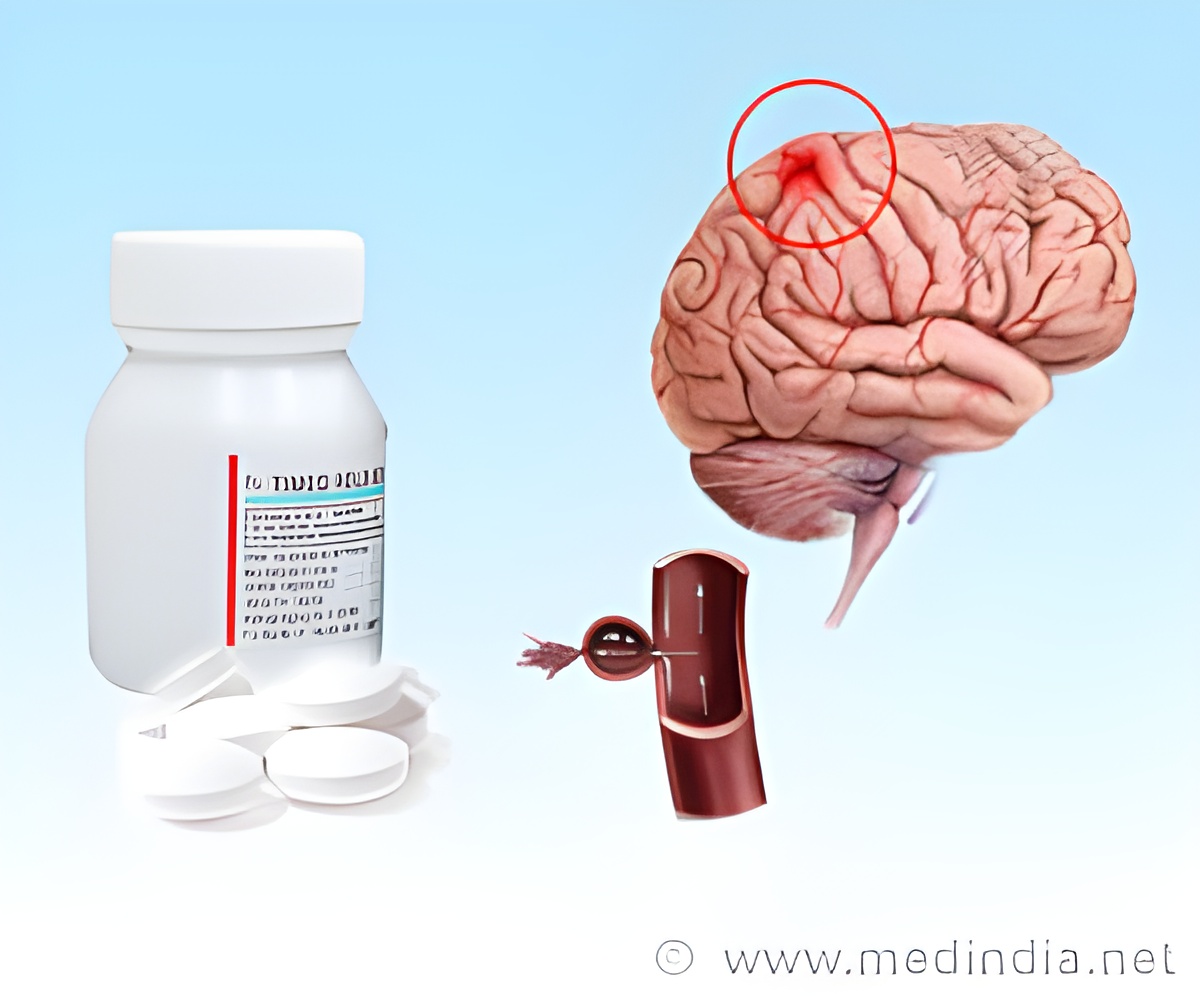Intraventricular hemorrhage has an estimated mortality rate of 60 and 80 percent. Among those who survive, as many as 90 percent become severely disabled.

TOP INSIGHT
Clot-busting drug alteplase, also known as tPA has shown potential to decrease mortality and post-stroke disability in individuals with intraventricular hemorrhage.
The patients received the tPA for three days and a catheter continually drained blood until the ventricle got cleared. They found that tPA reduced the death rates by 10% and almost doubled the survival chances of patients who had most of the blood removed.
They also found that the more blood was cleared, the odds of developing post-stroke disability reduced among the patients. The results nearly doubled in patients who had 90 percent of their clots removed.
“Hemorrhage in the brain used to be an essentially untreatable condition, but we now have hope with a therapy that may be effective at saving lives,” said Dr.Issam Awad, John Harper Seeley Professor of Surgery at the University of Chicago Medicine, who was co-chair and surgical director for the CLEAR III clinical trial.
Source-Medindia
 MEDINDIA
MEDINDIA




 Email
Email





